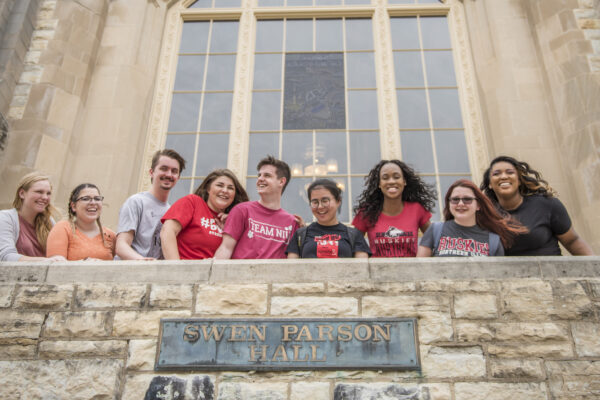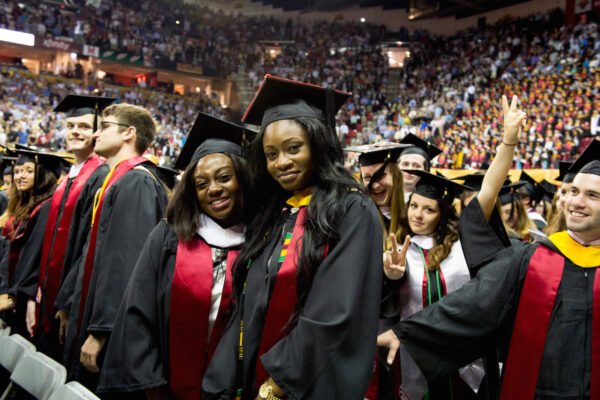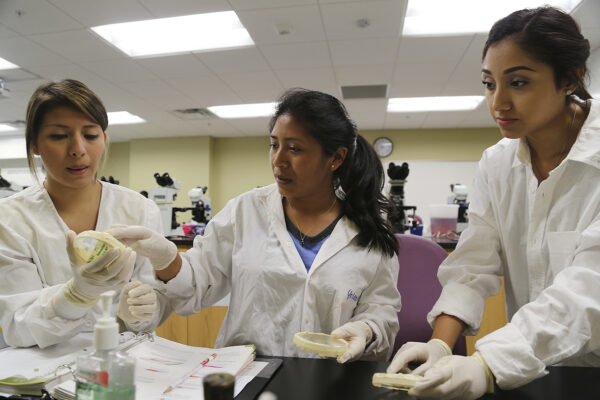From PostEverything: Free Tuition? Programs Should Focus on Students Who Started and Had To Stop.
Title: Free Tuition? Programs Should Focus on Students Who Started and Had To Stop.
Author: Sanford J. Ungar
Source: The Washington Post’s PostEverything Blog
A recent blog post by Sanford J. Ungar in The Washington Post discusses the need to focus policy conversations around increasing college enrollment to those who have some college education, but no degree. According to the post, approximately 36 million American adults (age 25 to 64) started their college education, but never completed a credential. Ungar suspects that if students understood the non-academic benefits of attending college, such as living healthier lifestyles, as well as their financial return on investment, more adults would re-enroll in college.
In the post, Ungar also discusses reasons in which students may suspend their education, explaining that students face other pressures beyond securing the financial means to pay for higher education—“life intervenes,” which requires solutions beyond tuition assistance. This, in turn, requires policymakers to be creative in designing initiatives encouraging adult students to re-enroll. Ungar closes the post with policy recommendations to increase enrollment among adult students.
To read the full blog, please see The Washington Post’s website.
If you have any questions or comments about this blog post, please contact us.


